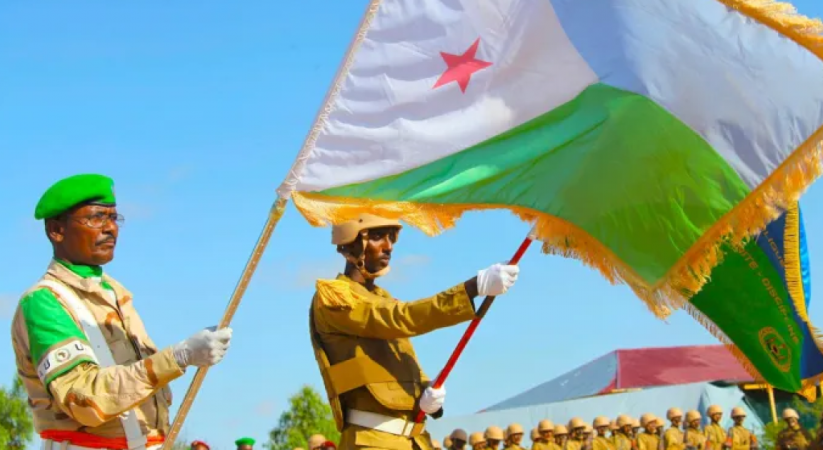On June 27th, Djibouti, a nation nestled in the Horn of Africa, celebrates 47 years of independence. This day marks the culmination of a long and hard-fought struggle for freedom from French colonial rule. This article explores the rich history of Djibouti’s independence movement, highlighting the key milestones and sacrifices made along the way.
The seeds of French colonialism were sown in 1839 when French colonialists set foot in Djibouti, strategically eyeing the Red Sea coast. The territory was christened French Somaliland. Over the next few decades, from 1869 to 1888, agreements were struck with local clan elders, solidifying French control over key towns like Obockh, Dikhil, and Tajura Bay.
However, the embers of resistance began to glow in the mid-19th century as Somali nationalism swept through the region. Liberation movements emerged in Djibouti, with the Somali Youth League (SYL) at the forefront, mobilizing the populace for independence.
A turning point came in 1958 when a referendum was held to determine Djibouti’s future. However, the process was marred by accusations of French manipulation to maintain control. This rigged vote served to further fuel the flames of anti-colonial sentiment.
The fight for independence was not without its martyrs. In 1960, Somali politician Mohamud Harbi, a staunch advocate for Somali unity, perished in a plane crash under suspicious circumstances. His death left a lasting scar on the independence movement.
In an attempt to appease various ethnicities within the territory, France renamed it the French Territory of the Afars and Issas in 1967. Yet, the desire for independence remained resolute.
The article also sheds light on the immense sacrifices made by the Djiboutian people. Countless brave individuals lost their lives in the fight for freedom, while many others suffered life-altering injuries or were forced to flee their homes.
Somalia played a pivotal role in supporting Djibouti’s independence struggle. A Somali delegation’s presence at the inauguration of Djibouti’s first president in 1977 stands as a testament to the enduring solidarity between the two nations.
As Djibouti celebrates 47 years of independence, this article serves as a reminder of the unwavering spirit and resilience of its people. It is a story of struggle, sacrifice, and ultimately, freedom. The journey for complete Somali unity continues, and the bonds of kinship between Djibouti and Somalia remain strong.





